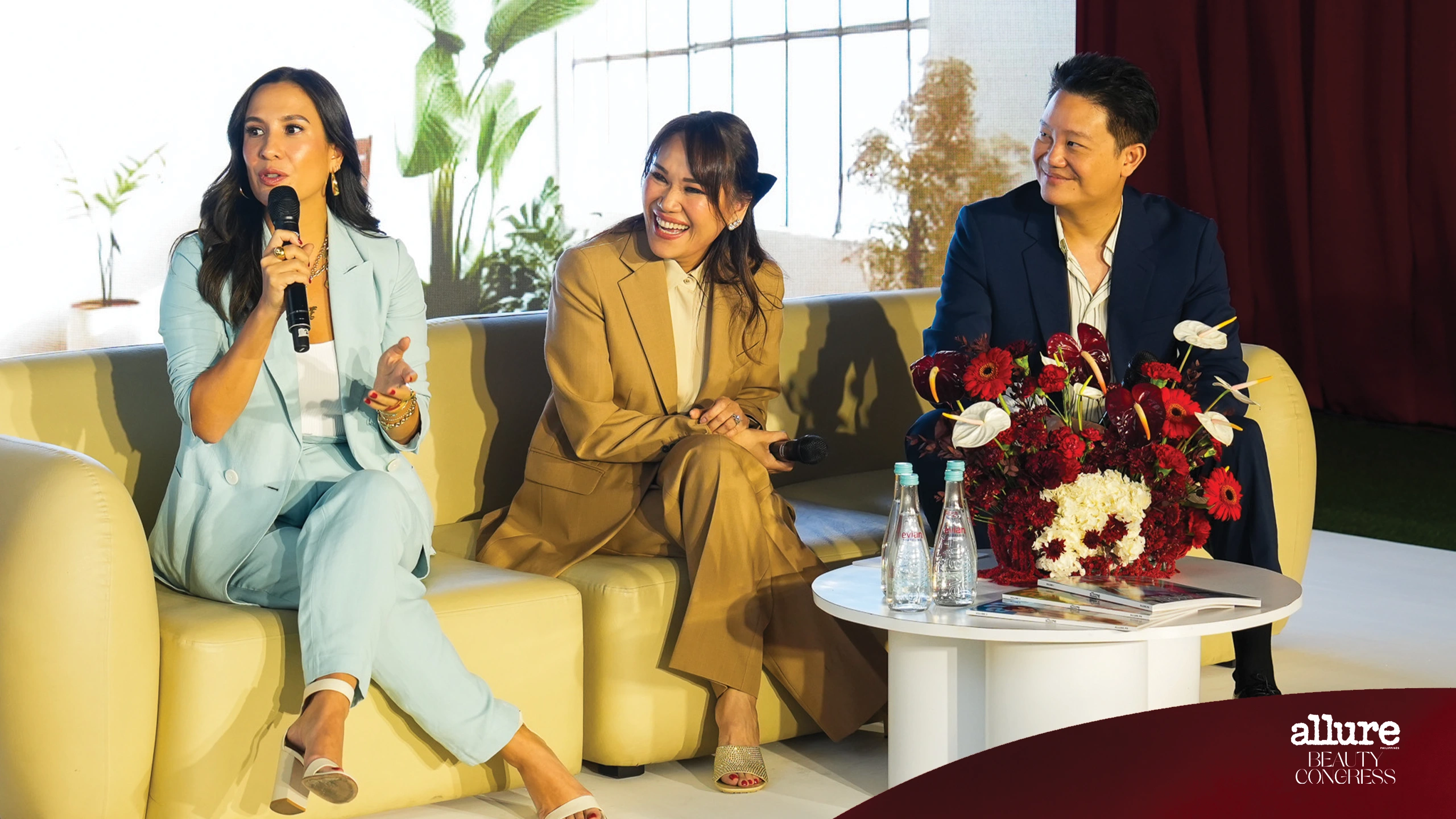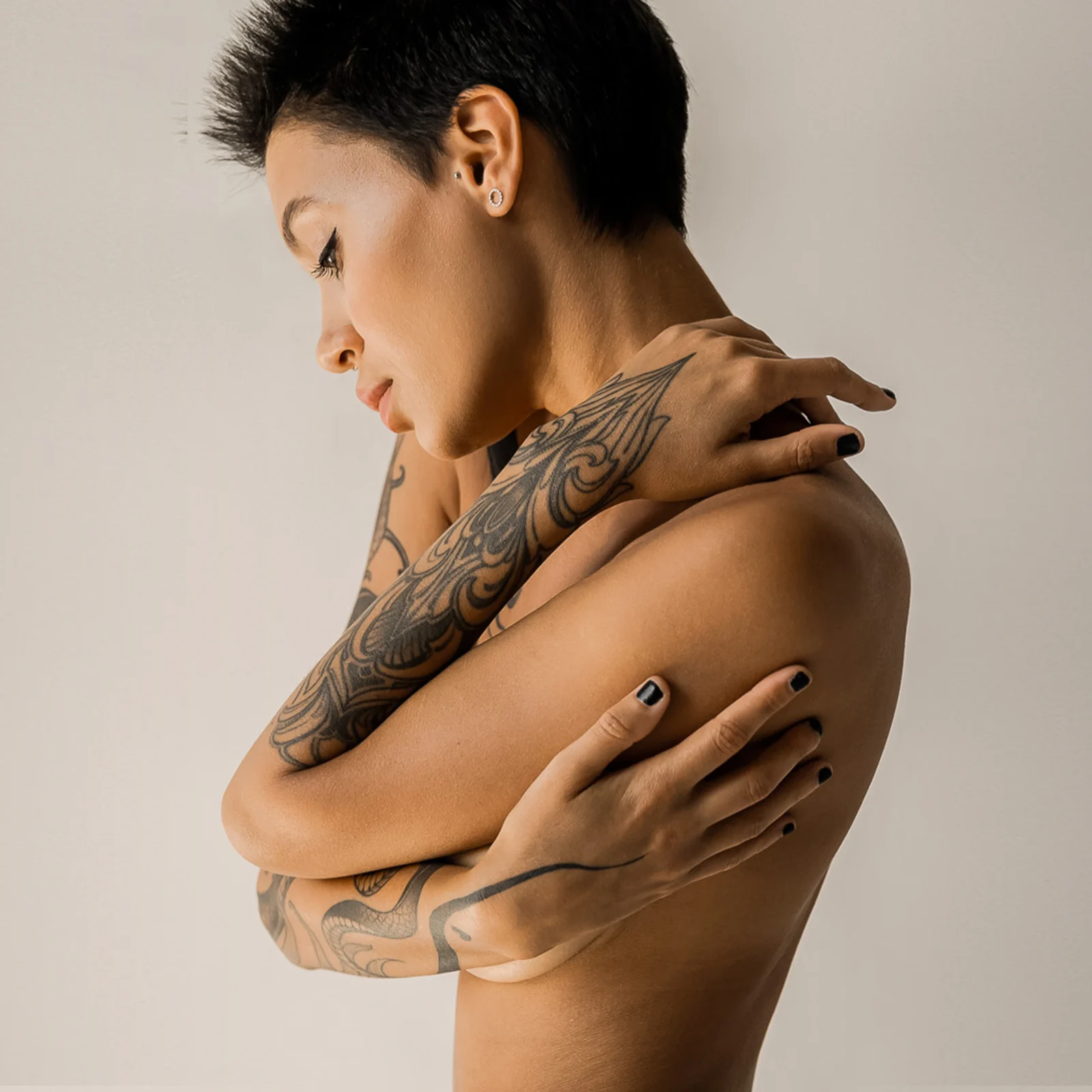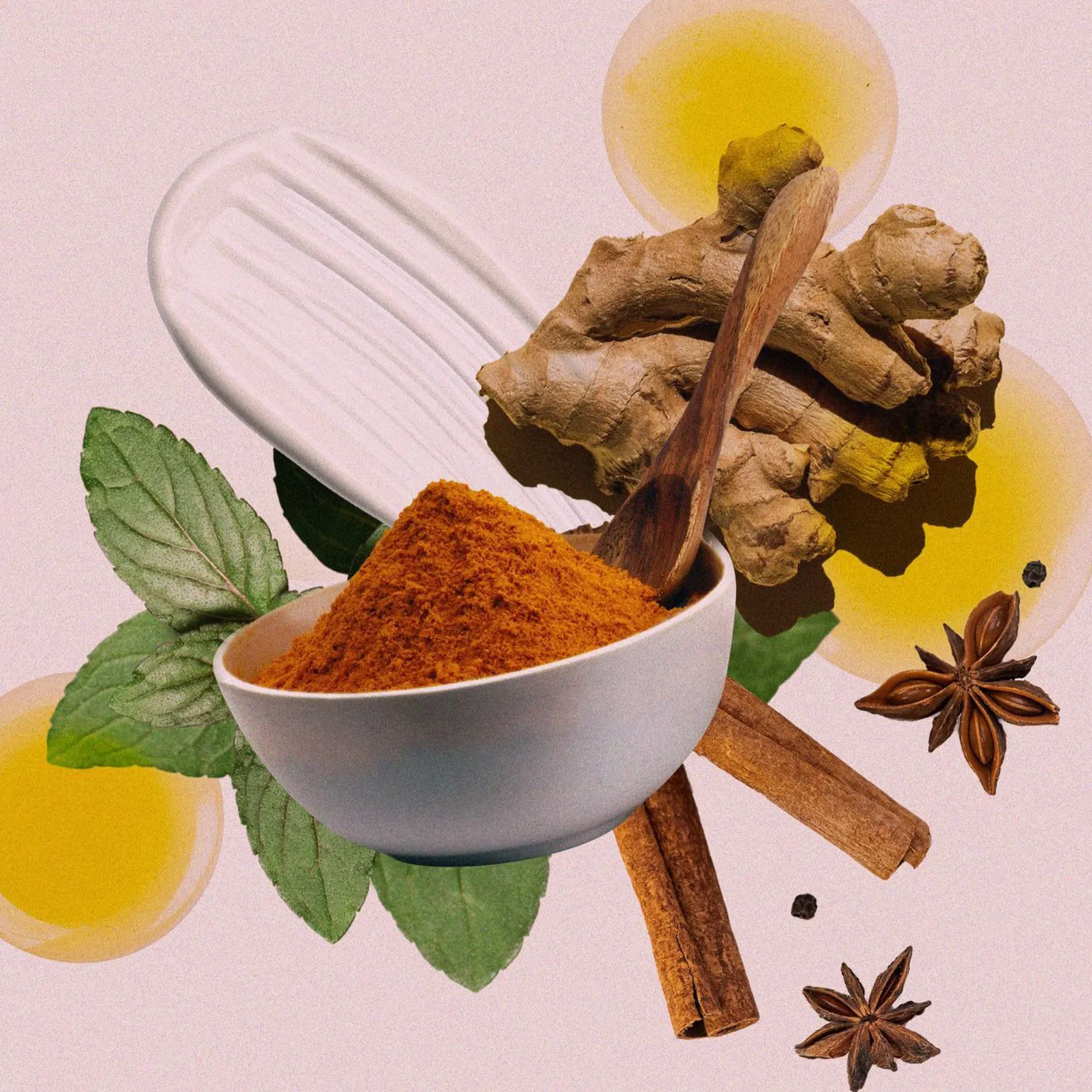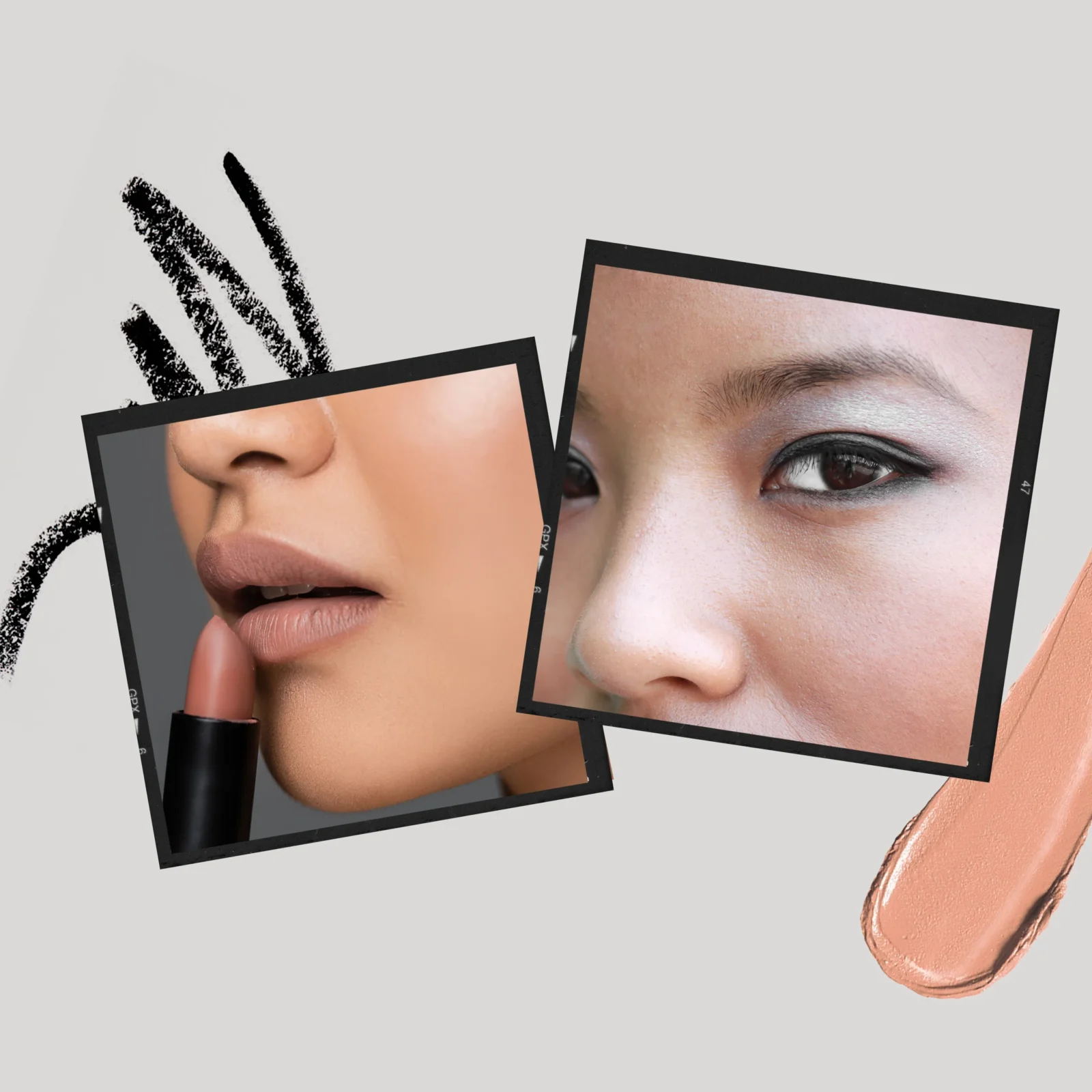What We Learned from Allure Beauty Congress’ Opening Conversation on Aesthetics and Self-Worth
Held at RCBC Plaza in Makati, the Congress gathered medical experts and a wellness advocate to examine aesthetic care through science, personalization, and modern autonomy.
By Leira Aquino
There’s still a stigma about getting aesthetic treatments, especially in the Philippines. Comments like “retokada,” “plastic,” “salamat, dok,” continue to flood the social media pages of celebrities or personalities who have been open about the cosmetic treatments they’ve done. Even those who have kept quiet, but have “obvious” changes in their faces or bodies, are not spared.
But according to our keynote panelists in the Edited or Empowered? The New Debate on Aesthetic Enhancements conversation, mindsets are progressing. Instead of aesthetic enhancements being seen as vanity and selfishness, we’re finally seeing the conversation shift toward self-care and confidence.
The panel brought together AIVEE Group co-founders and dermatologist Dr. Aivee Aguilar-Teo, and aesthetic physician Dr. Z Teo, as well as wellness advocate Stephanie Zubiri, moderated by television host and educator Suzi Entrata-Abrera.
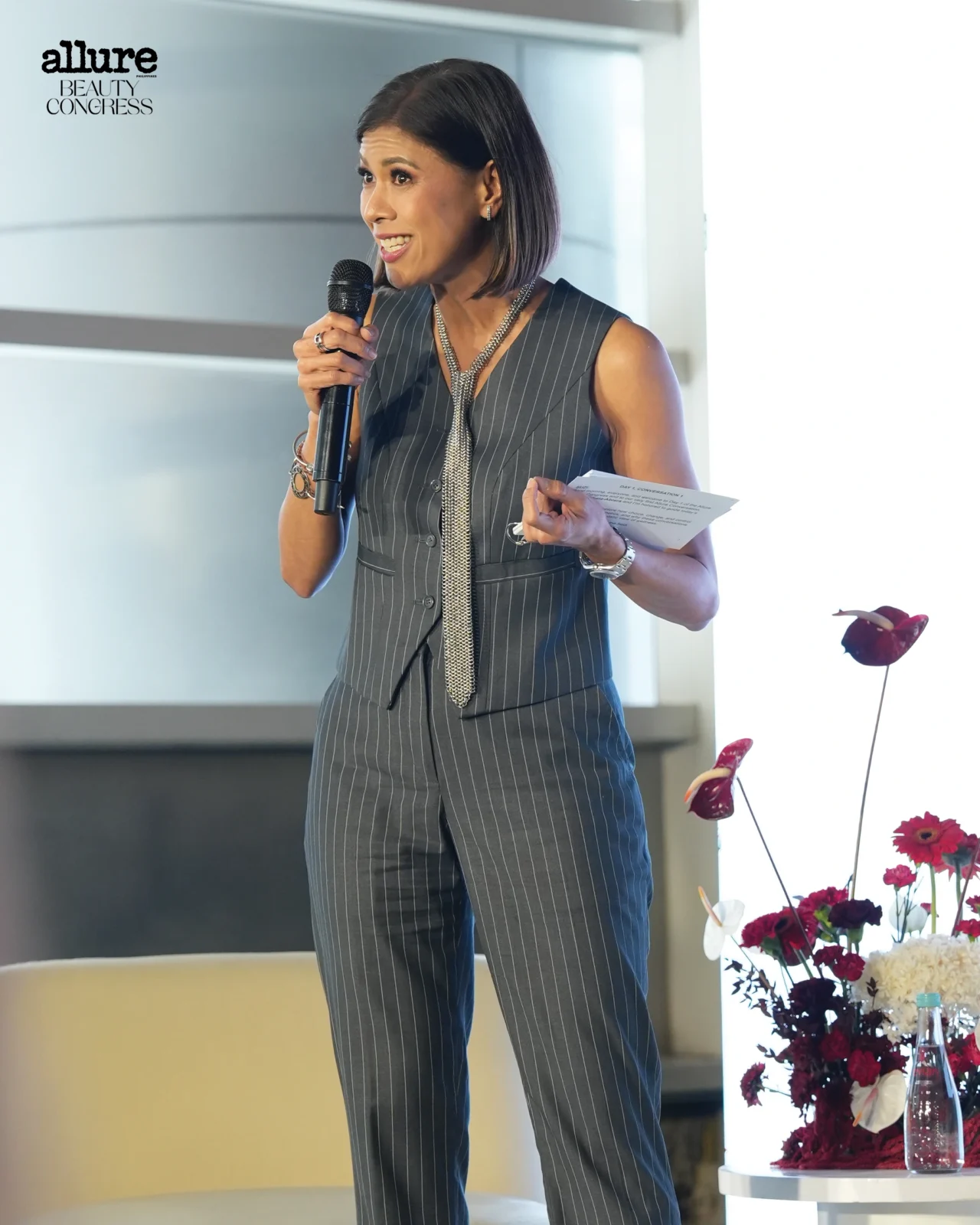
Kieran Punay
Across the hour-long discussion, the group examined how aesthetic enhancements fit into today’s language of wellness and self-worth—and what it means to make choices rooted in evidence, autonomy, and intention.
The shift in how Filipinos view enhancements
The speakers mapped out how public attitudes toward aesthetic care have changed. Preventive treatments, subtle enhancements, and lifestyle-aligned procedures are becoming more widely accepted, even as misconceptions persist.
“When I started my practice way back 2009, my patients were very embarrassed. They were hiding [while] doing aesthetic treatments,” Dr. Aguilar-Teo shares. Back then, the dermatologist avoided greeting her clients in public events, because people automatically assumed they were doing these treatments.
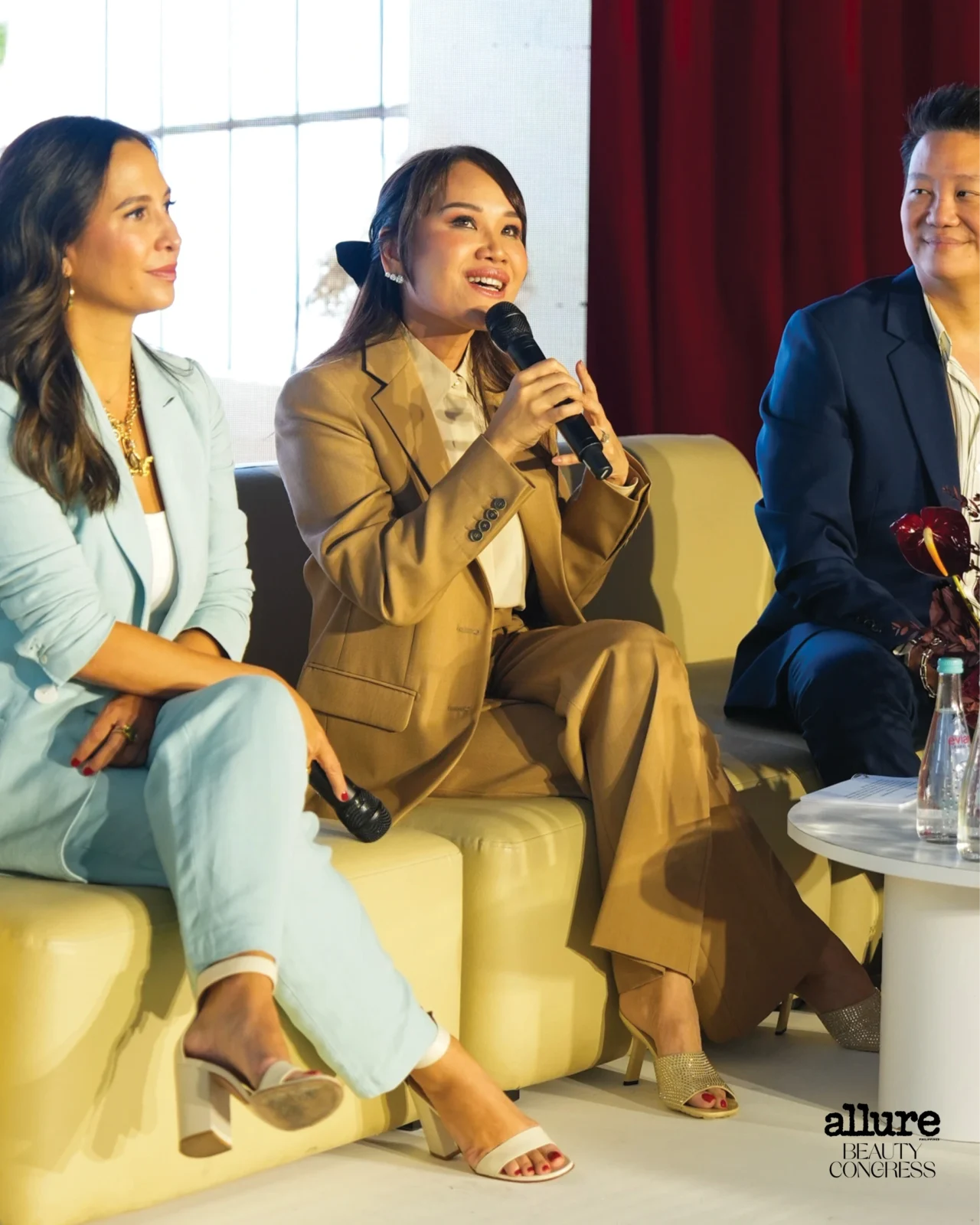
Kieran Punay
But nowadays, these treatments have been normalized, Dr. Aguilar-Teo continues. “It’s become more open and more transparent. People are actually sharing [more], not only among friends, but even in their social media pages.”
What’s beautiful about this shift, Zubiri adds, is that people now have a less distorted view of beauty. Through the transparency of those who are courageous enough to share their journey and results, people who see them with glowing, nearly flawless skin won’t assume they magically woke up like that or that they’re naturally born like that. “The openness and transparency [are] actually very healthy,” Zubiri says.
Drawing a line between what’s realistic and what’s not
The rise of cosmetic enhancements along the rise of social media is not without its own share of disadvantages. “Sometimes, the expectations are not realistic,” Dr. Aguilar-Teo says.
Some patients ask their dermatologists to copy what they see on social media, which is filled with filtered photos, Dr. Teo adds.
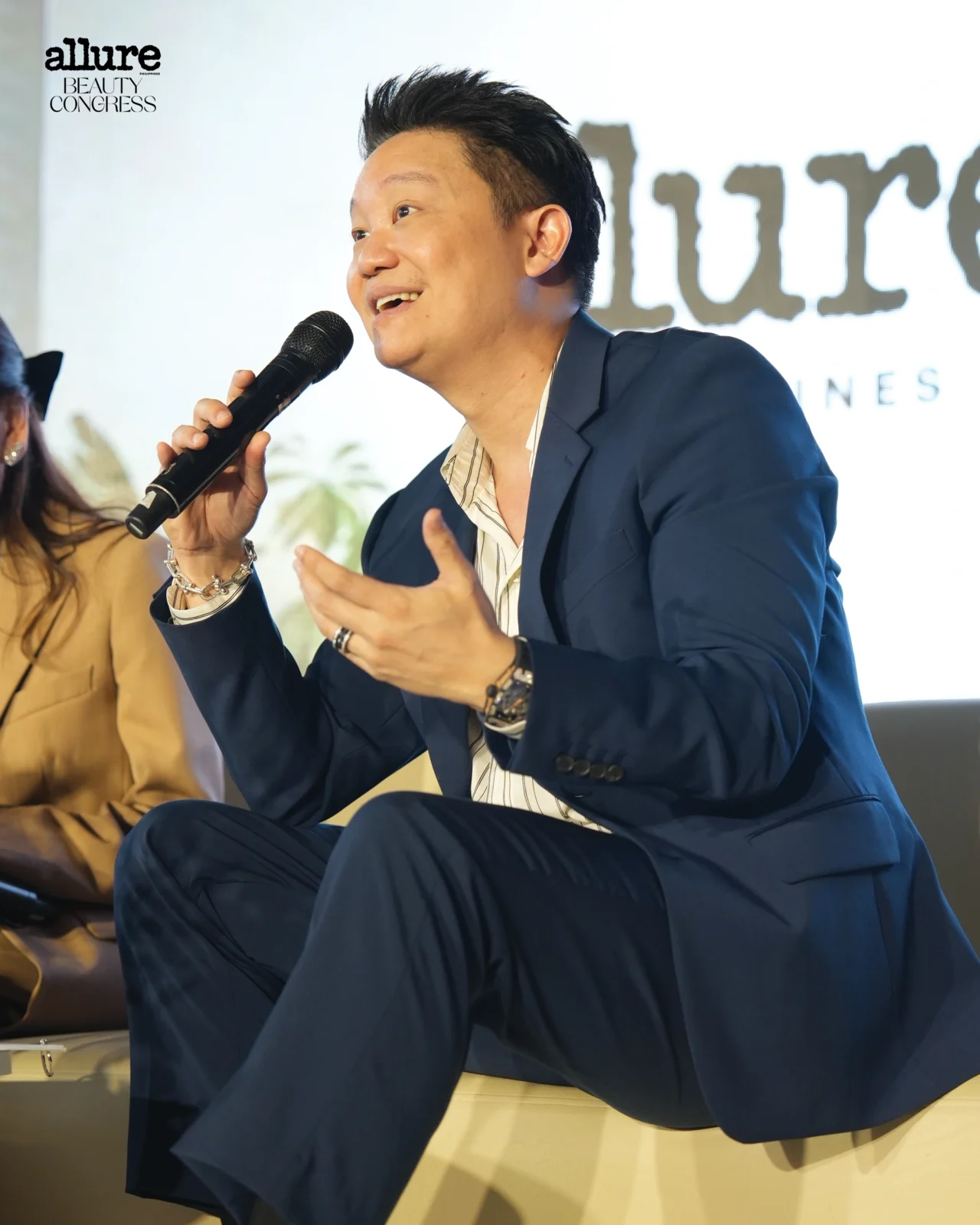
Kieran Punay
When asked by Entrata-Abrera if they have ever said “no” to a client before, he answers with a quick, “Yes, every day.” Both Dr. Aguilar-Teo and Dr. Teo emphasize the importance of knowing how and when to say “no” to their patients.
That’s why communication between the patient and the doctor, according to our panelists, is very important. “You really have to make them understand that there are limitations to what we [can] do. We can try to deliver as much as we can, but we [also] have to know the results to expect.”
Aesthetics as part of broader wellness—even for men
To dig even deeper, the panelists spoke about the interplay between emotional well-being and aesthetic choices, noting how treatments can align with self-care rather than insecurity. The conversation highlighted how beauty decisions now sit alongside mental, physical, and lifestyle considerations.
But in order to get to that point and go beyond superficial and shallow reasons, all experts agreed that the decision to start doing aesthetic treatments must come from a place of self-love, instead of insecurity.
“It really comes from a place of deep self love. And if you feel whole, and you’re enough, that’s a good place to go from,” Zubiri advises. “So, if you’re looking at different aesthetic treatments and enhancements, it’s not to fill an emptiness inside. Work on your wholeness, and just unconditionally loving yourself, and then explore with your doctor.”
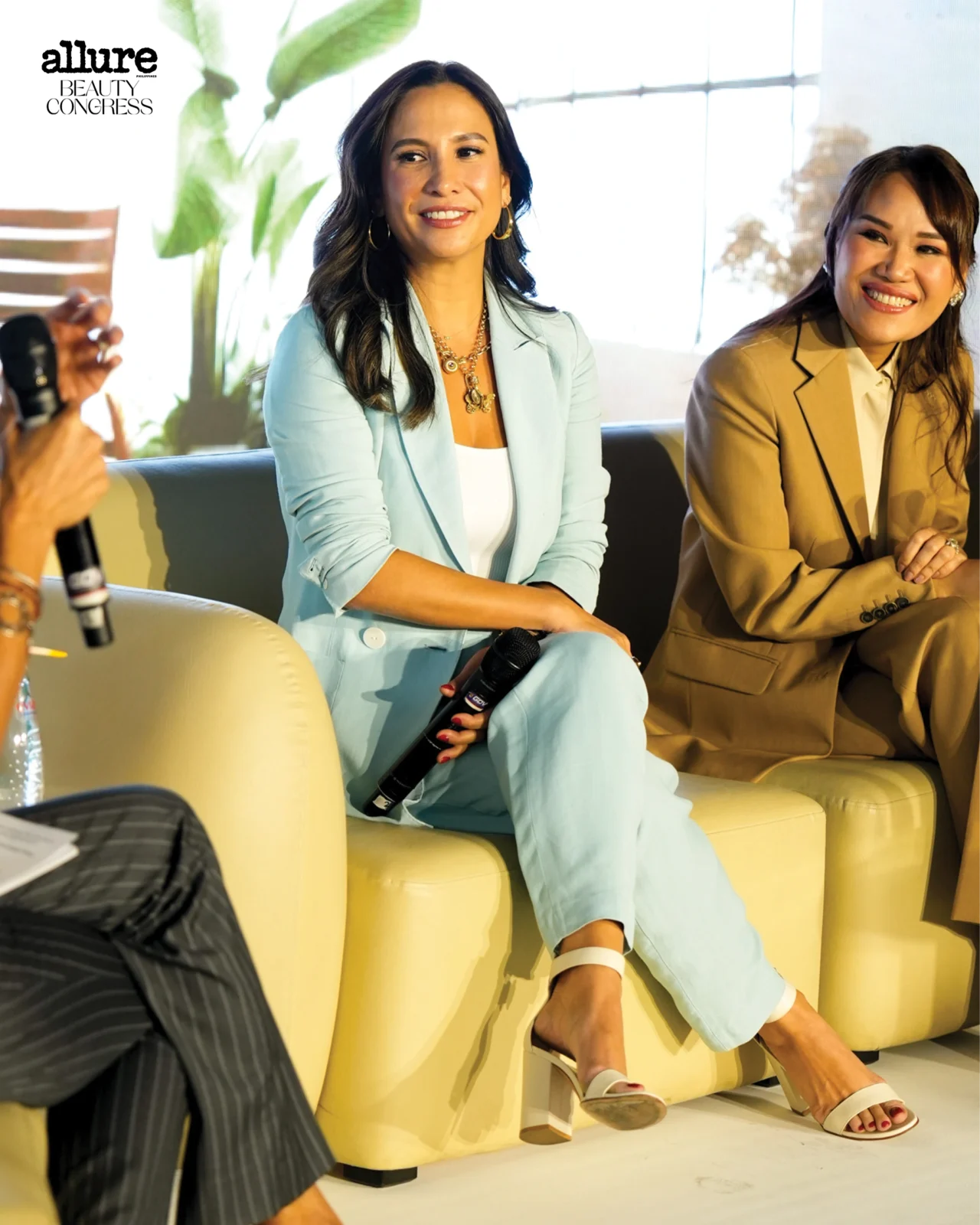
Kieran Punay
Taking care of yourself, and in turn,” looking good” is tied with your confidence, according to Dr. Aguilar-Teo. “Women value not only looking good, but also feeling confident about themselves,” she says. “Because confidence is our superpower.”
The stigma attached with aesthetic treatments of just being selfish, now becomes self-care and “taking an active part in your self-care journey.” The same goes for men, Dr. Teo adds.
Cosmetic treatments are often met with reproach from men, but Dr. Teo reminds them that this is still part of self-care and overall wellness. “I always tell them: taking care of the self [or] looking good is not a sign of vanity—it’s a sign of discipline,” he shares.
In the end, our panelists remind everyone before deciding to get anything done, one should always answer first the question: “Why?”
“The mindset should not be, ‘I’m doing this because I’m insecure [or] ‘I’m doing this because I’m vain or I want to be somebody else,’” Dr. Aguilar-Teo says. “The mindset should be ‘I’m doing this for myself. I want to look good because I want to take care of myself, I love myself.’”
And it’s not about wanting to look like anybody else. It’s about achieving the best version of yourself—authentic, unique, and irreplaceable.
You might also like
To provide a customized ad experience, we need to know if you are of legal age in your region.
By making a selection, you agree to our Terms & Conditions.
